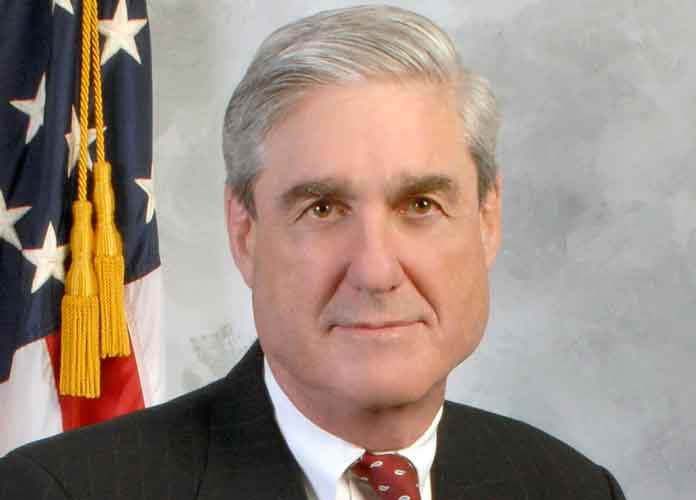Mueller Offers To Limit Scope Of Questions In Exchange For Trump Interview
After months of silence, special counsel Robert Mueller and President Donald Trump have renewed talks of Trump possibly being interviewed as part of Mueller’s ongoing investigation.
In their latest negotiations, Mueller offered to limit the number of questions related to obstruction of justice on the part of the president in exchange for his participation in a face-to-face interview. Mueller also conceded to allow some written answers that the president could prepare outside of the interview.
Trump had previously been accused of obstruction for attempting to block or prematurely end the Russia probe after firing then-FBI director James Comey who had been leading the investigation at the time.
The president himself had reportedly requested to start up negotiations following his rally in Florida this past Tuesday. “He’s always been interested in testifying,” said Trump’s personal lawyer, Rudy Giuliani. But, he admits, Trump’s legal team is still wary of their client partaking in any form of a sit down interview. “It’s us — meaning the team of lawyers, including me — that have the most reservations about that.” Giuliani has repeatedly voiced his concerns that such an interview could expose his client to legal danger, specifically perjury.
Subscribe to our free weekly newsletter!
A week of political news in your in-box.
We find the news you need to know, so you don't have to.
Since then, the president is now facing renewed accusations of obstruction after calling on Attorney General Jeff Sessions to stop the Russia probe via Twitter.
They claim that given the president’s position of power to silence the prosecution as commander in chief, his threats should be taken seriously and even in a court of law.
“It’s certainly very powerful, incredible evidence of malign and corrupt intent which is an element of obstruction of justice and often the most difficult to prove,” Senate Judiciary Committee member Richard Blumenthal told CNN. “Its purpose and effect is to threaten and intimidate the special counsel.”
Giuliani has since defended the tweet as nothing more than “an opinion” that held no real weight since “there was no presidential directive that followed.”
Get the most-revealing celebrity conversations with the uInterview podcast!






Leave a comment